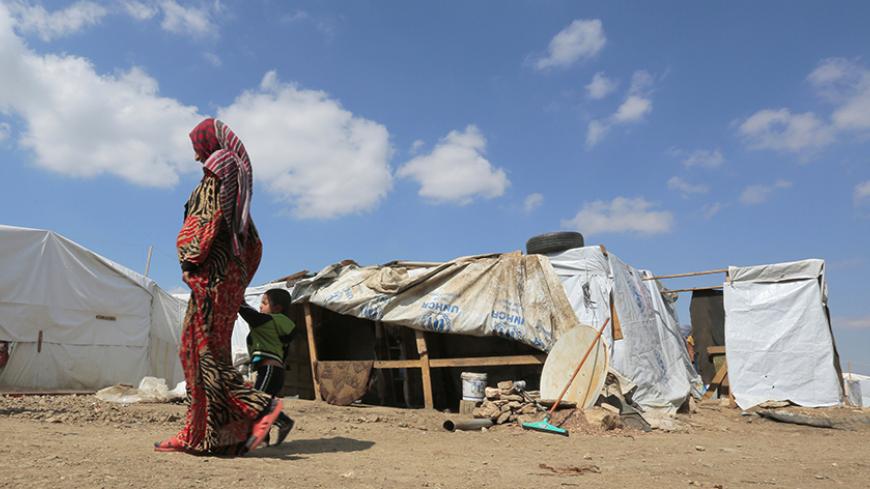BAB AL-TABBANEH, Lebanon — In just one year, the number of people uprooted from their homes due to war and forced displacement has increased worldwide from 50 million to 60 million — an average of 42,500 individuals per day, enough to form the world's 24th largest country. The United Nations issued news of this staggering increase June 19, a day before World Refugee Day. These numbers exceed those of the post-World War II era and mark the largest humanitarian crisis since the Holocaust.
The large increase is primarily driven by the war in Syria, a country that until a few years ago had been the world’s second-largest refugee host country. Today, the heavy burden of the refugee crisis is not exclusive to the Syrian people, but is deeply felt among the communities hosting their vulnerable neighbors. These host communities have themselves sometimes endured years of sectarian violence, war and poverty, such as those in Iraq, Lebanon and Turkey.



